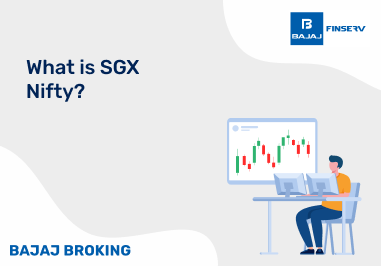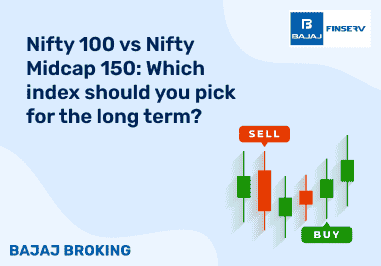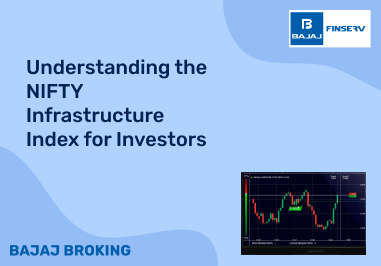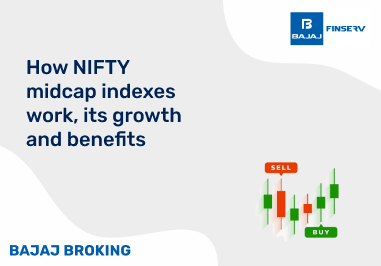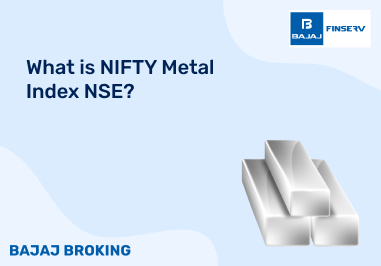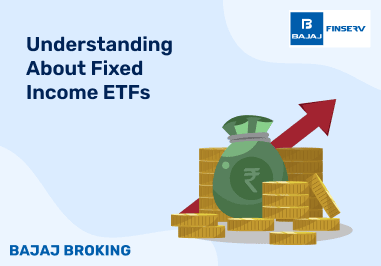Nifty IT
The Nifty IT index is a vital indicator of the performance of India's leading IT companies. It provides a comprehensive view of the sector’s growth and dynamics. In recent years, the Nifty IT has shown impressive returns, benefiting from global demand for IT services and digital transformation trends. This sector includes some of the most significant players like Infosys, TCS, and Wipro, contributing to its overall growth. The Nifty IT Index reflects the technological advancements and economic factors that influence India's thriving IT industry, which has become a key player in the global market. The index remains an essential benchmark for tracking the sector's performance, helping investors make informed decisions.
What is the Nifty IT Index?
The Nifty IT Index is a stock market index that tracks the performance of leading IT companies in India. It includes major firms such as Infosys, TCS, and Wipro, which are vital players in the Indian IT sector. The Nifty IT Index serves as a benchmark for the performance of India's information technology sector, reflecting the overall health and growth of these companies. This index provides valuable insights for investors, enabling them to monitor market trends and make informed decisions. The Nifty IT has proven to be a crucial tool in evaluating the impact of global demand for IT services on the Indian market.
How is the Nifty IT Index Value Calculated?
The value of the Nifty IT Index is determined through the free-float market capitalization methodology. This method accounts for the market capitalization of all the constituent stocks of the Nifty IT index, adjusting for the free-float shares available in the market. The formula used to calculate the Nifty IT Index value involves multiplying the free-float market capitalization of each stock by its index weight and then summing up the results. The base value of the index is set at 1000, which was revised in 2004.
This calculation method ensures that the Nifty IT index accurately reflects the performance of the IT sector in India. Regular rebalancing of the index also helps maintain its accuracy. The rebalancing takes place twice a year, ensuring that the index captures the most recent market trends and the performance of the companies within the IT sector. This method of calculation helps investors track sectoral growth with precision.
Nifty IT Scrip Selection Criteria
- Eligibility of Companies: To be included in the Nifty IT index, companies must be part of the IT sector and meet specific market capitalization and liquidity requirements.
- Market Capitalization: Only companies with a large enough market capitalization, reflecting their position in the sector, are selected for the Nifty IT.
- Trading Volume: The stocks selected must have consistent trading volumes to ensure liquidity in the Nifty IT index.
- Free-Float Market Capitalization: The inclusion of companies in the Nifty IT Index is determined by their free-float market capitalization, ensuring that only the most influential firms are represented.
- Sector Representation: The companies included must accurately reflect the Nifty IT sector, consisting of leading IT firms contributing to the overall growth.
- Regular Rebalancing: The Nifty IT index is rebalanced semi-annually to ensure it continues to represent the leading companies in the IT sector.
How does Nifty IT work?
The Nifty IT index functions as a barometer for the performance of the IT sector in India. It is based on the free-float market capitalization of leading IT companies. The index includes stocks of prominent firms in the sector, such as Infosys, TCS, and Wipro, which are among the largest contributors. The value of the Nifty IT Index is updated regularly to reflect the market value of these companies. As market prices fluctuate, the Nifty IT index adjusts accordingly, ensuring that it represents the real-time performance of the IT sector.
The Nifty IT serves as a valuable tool for investors, providing insights into the growth and volatility of the IT industry. By tracking the Nifty IT Index, investors can make informed decisions regarding the performance of key companies in the sector. The performance of the Nifty IT is influenced by both domestic and international market conditions, showcasing the impact of global IT trends on Indian companies.
What are the Benefits of Investing in the Nifty IT?
Investing in the Nifty IT index offers several benefits for investors looking to gain exposure to India's booming IT sector. The Nifty IT provides an easy and effective way to track the performance of major IT companies in India, such as Infosys, TCS, and Wipro. By investing in the Nifty IT, investors can access a diversified portfolio of leading IT stocks, mitigating the risks associated with individual stock investments. Additionally, the Nifty IT index tends to benefit from the global growth of the technology sector, making it an attractive option for long-term investors.
As India's IT industry continues to expand and gain prominence on the global stage, investing in the Nifty IT offers the potential for strong returns and portfolio growth. The index's performance is closely tied to technological advancements and the increasing demand for IT services worldwide. Investing in the Nifty IT can also provide exposure to innovations in digital technologies, such as artificial intelligence and cloud computing, driving growth for IT firms.
What is the History of Nifty IT?
The Nifty IT index was introduced in 1996 to track the performance of India’s top IT companies. Initially, it included major companies like Infosys, Wipro, and TCS. Over time, the Nifty IT index expanded, reflecting the growth of the sector and the increasing prominence of India’s IT industry on the global stage. In 2004, the base value of the Nifty IT index was revised from 1000 to 100, with the rebalancing done twice a year.
As the Indian IT sector continued to evolve, the Nifty IT index began capturing a larger portion of the global demand for IT services. This shift reflected India's growing role in providing outsourced technology solutions. Over the years, the Nifty IT index has continued to grow, encompassing more companies and showcasing the sector's resilience and success. Today, the Nifty IT index continues to play an important role in tracking the performance of key IT stocks, providing valuable insights for investors.

